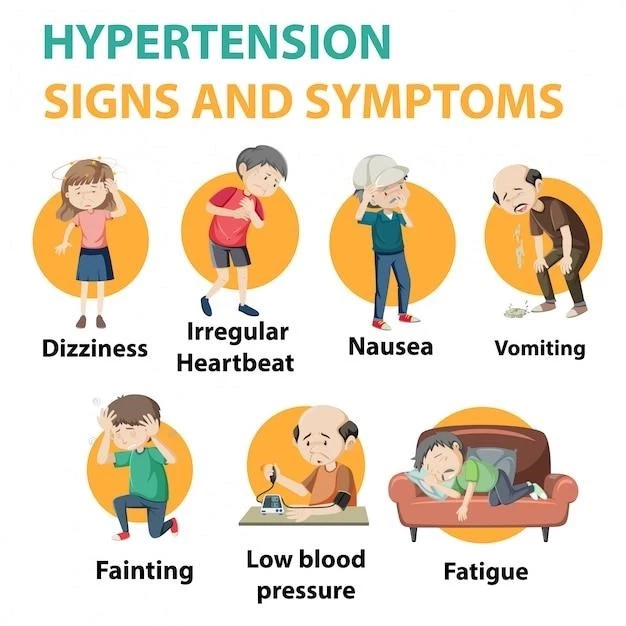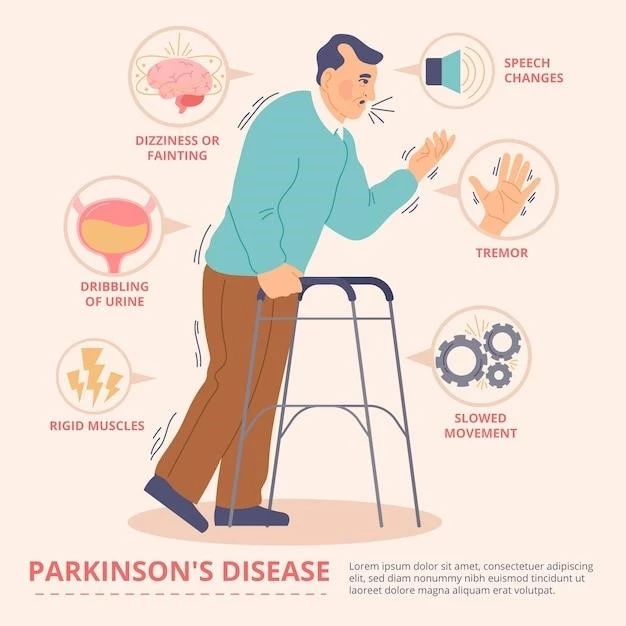Introduction
Pitt-Hopkins Syndrome (PTHS) is a rare genetic disorder characterized by developmental delay, distinctive facial features, and breathing issues. It is crucial to understand the impact of this syndrome on individuals.
Overview of Pitt–Hopkins Syndrome
Pitt-Hopkins Syndrome (PTHS) is a rare genetic disorder caused by mutations in the TCF4 gene on chromosome 18. It is characterized by developmental delays, intellectual disabilities, distinctive facial features, breathing problems, and behavioral challenges. Understanding the complexities of this syndrome is essential for proper diagnosis and management.
Causes and Genetics
Have you heard about Pitt-Hopkins Syndrome (PTHS) caused by mutations in the TCF4 gene on chromosome 18? Understanding its genetic basis is crucial in managing this rare disorder.
Role of TCF4 Gene in Pitt–Hopkins Syndrome
The TCF4 gene plays a crucial role in Pitt-Hopkins Syndrome, contributing to the developmental delays, distinctive facial features, and breathing issues associated with this rare genetic disorder. Understanding the impact of TCF4 gene mutations is essential for diagnosis and targeted treatment strategies.

Symptoms and Diagnosis
Recognizing the distinctive features of Pitt-Hopkins Syndrome (PTHS) such as developmental delays, breathing problems, and behavioral challenges is crucial for early diagnosis and intervention.
Characteristics of Pitt–Hopkins Syndrome
Pitt-Hopkins Syndrome (PTHS) manifests with developmental delay, distinctive facial features, respiratory complications, and behavioral challenges. Recognizing these characteristics is essential for early diagnosis and individualized care.
Treatment Options
Exploring various treatment options for Pitt-Hopkins Syndrome (PTHS) can help manage symptoms effectively. Consult medical professionals for personalized care plans.
Management Strategies for Pitt–Hopkins Syndrome
Effective management of Pitt-Hopkins Syndrome (PTHS) involves a multidisciplinary approach addressing developmental delays, breathing problems, distinctive facial features, and behavioral challenges. Collaborate with healthcare providers to create individualized care plans that focus on improving quality of life for individuals with PTHS.

Developmental Delays and Intellectual Disabilities
Understanding the impact of Pitt-Hopkins Syndrome on development, intellectual capabilities, and social interactions is crucial for comprehensive care and support.
Impact of Pitt–Hopkins Syndrome on Development
Pitt-Hopkins Syndrome (PTHS) significantly affects development, intellectual abilities, social interactions, and overall quality of life in individuals. Understanding and addressing these impacts are essential for providing tailored care and support.
Behavioral Differences and Social Challenges
Supporting individuals with Pitt-Hopkins Syndrome in managing behavioral differences and social challenges is key for improving their quality of life and overall well-being.
Addressing Behavioral Aspects in Individuals with Pitt–Hopkins Syndrome
Individuals with Pitt-Hopkins Syndrome may face behavioral challenges and social difficulties. Providing tailored support and therapies can help improve their interactions and overall well-being.
Respiratory System Complications
Addressing respiratory system complications in individuals with Pitt-Hopkins Syndrome is vital. Learn about managing breathing difficulties and seeking appropriate medical care.
Understanding Breathing Issues in Pitt–Hopkins Syndrome
Respiratory system complications are common in individuals with Pitt-Hopkins Syndrome (PTHS), emphasizing the need to manage breathing problems effectively. Consult healthcare providers for specialized care and treatment options tailored to address these issues.
Life Expectancy and Prognosis
While Pitt-Hopkins Syndrome itself does not affect life expectancy, managing associated complications is crucial for the overall well-being of individuals with this genetic disorder.
Factors Affecting Life Expectancy in Pitt–Hopkins Syndrome
Pitt-Hopkins Syndrome does not impact life expectancy directly, but managing associated complications like respiratory issues is crucial for the well-being of individuals with this rare genetic disorder.
Research and Future Directions
Advancements in studying Pitt-Hopkins Syndrome (PTHS) aim to uncover new treatment options and improve the quality of life for individuals affected by this rare genetic disorder. Stay informed about emerging research developments.
Advancements in Studying Pitt–Hopkins Syndrome and Potential Treatments
Recent research on Pitt-Hopkins Syndrome (PTHS) focuses on potential treatments to address developmental delays, breathing issues, and improve quality of life for affected individuals. Stay informed about promising breakthroughs in PTHS research for enhanced management and care.
